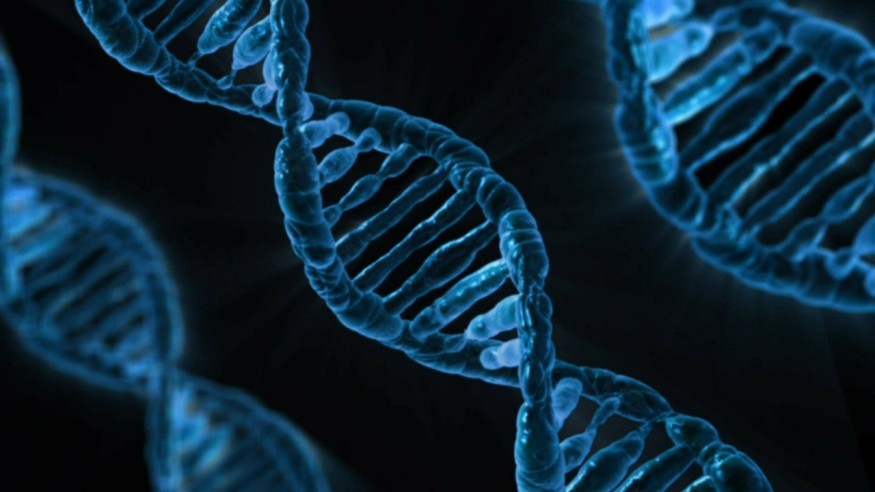
Geneticists around the world are scrambling to find out whether human DNA variations could determine a person's susceptibility to COVID-19. They are collecting and analyzing genetic data from patients to investigate whether their genetic codings could give a clue on how severely a patient could suffer from the pneumonia-like virus that started in Wuhan, China.

According to SCMP, a report in Science said that some research includes studying gene coding variations of the angiotensin-converting enzyme 2 (ACE2) to find out how quickly the novel coronavirus could bypass targeted cells. ACE2 is an enzyme found in the cell's outer surface.
Read Also : COVID-19 Reinfection Is Possible, Experts Say
Genetic analysis of the coronavirus
Other studies also look into the variations of the human leukocyte antigen genes to determine their level of influence in somebody's immune system response to the deadly bug.
"We see huge differences in clinical outcomes and across countries," said
Andrea Ganna, a geneticist at the Institute for Molecular Medicine Finland under the management of the University of Helsinki.
Mr. Ganna led a project that pooled and compared genetic data from people with mild and severe cases. He expects to identify the first susceptibility in the next couple of months.
"How much of that is explained by genetic susceptibility is a very open question," he added.
The relationship between blood type and coronavirus
Stanford University's Manuel Riva and Yosuke Tanigawa also released a study based on data from UK Biobank. The research published last March 24 at preprints.org involved at looking at blood types and leucocyte antigens to decode how genes affect someone's likelihood to catch Covid-19.
The study that is yet to be peer-reviewed concluded that lymphocyte count "may play a role in susceptibility to viral infection and disease progression".
The conclusion was drawn from studies suggesting an association between individuals with lower counts of white blood cell (lymphocyte).
The work of the two scientists also found that people with type O blood have 'significant and consistent risk reduction' from the novel coronavirus. This supports earlier study from researchers from China saying that Covid-19 patients with type A blood have a higher rate of infection and are more likely to suffer more severe symptoms
Read Also: 101-Year-Old Spanish Flu and World War 2 Survivor Has Now Beat COVID-19 As Well
© 2026 ScienceTimes.com All rights reserved. Do not reproduce without permission. The window to the world of Science Times.












